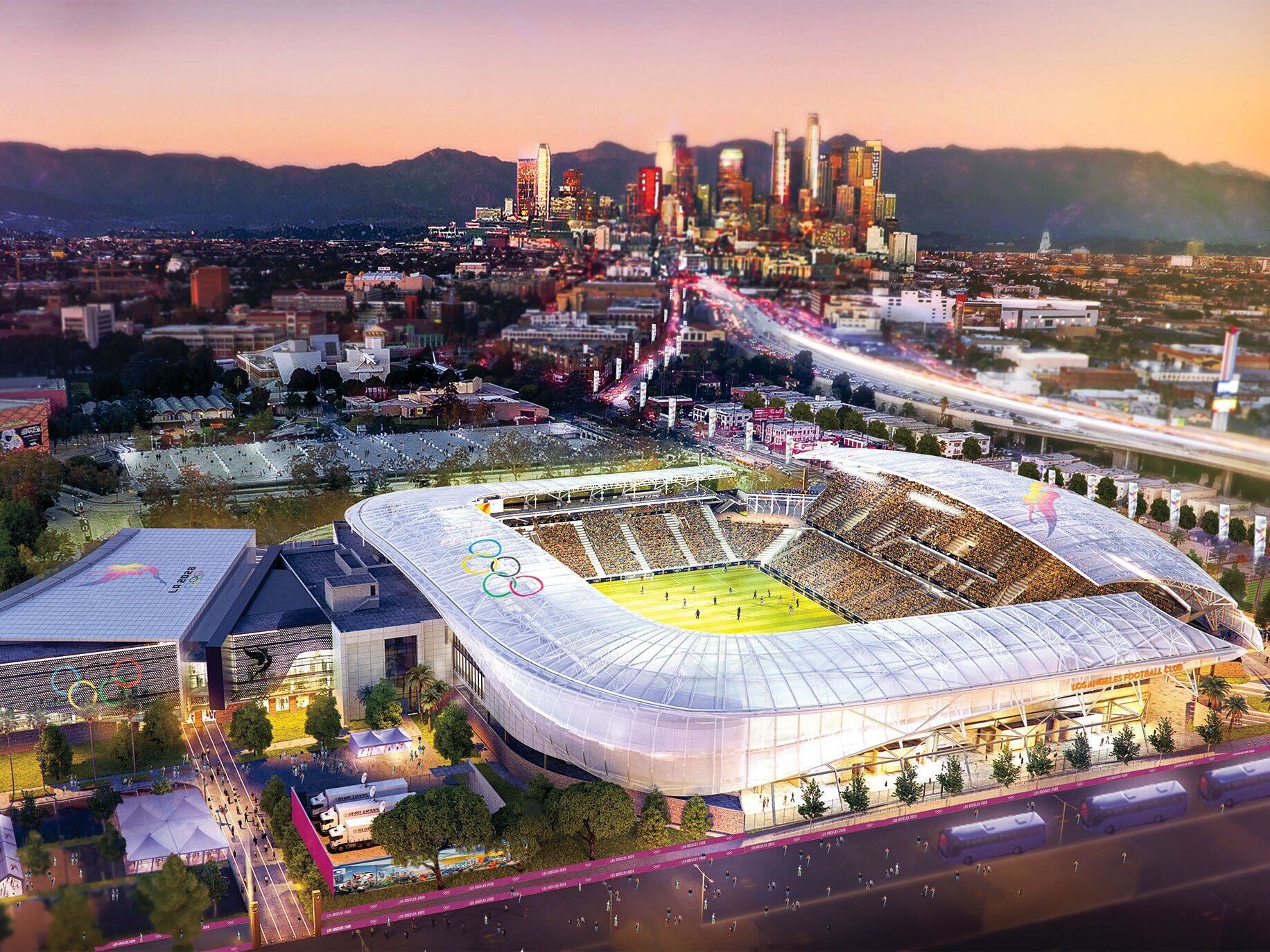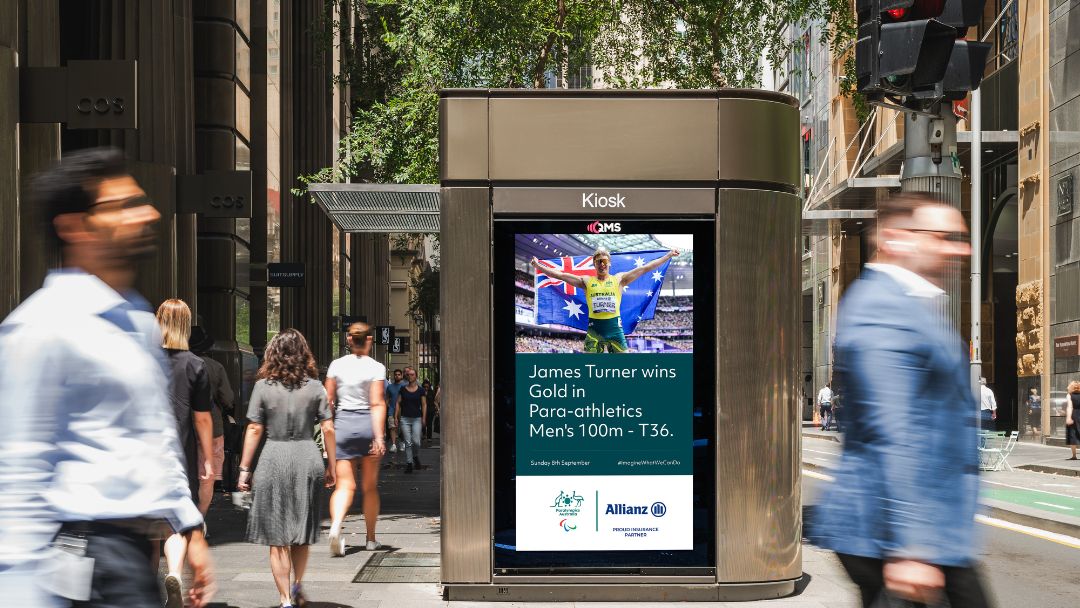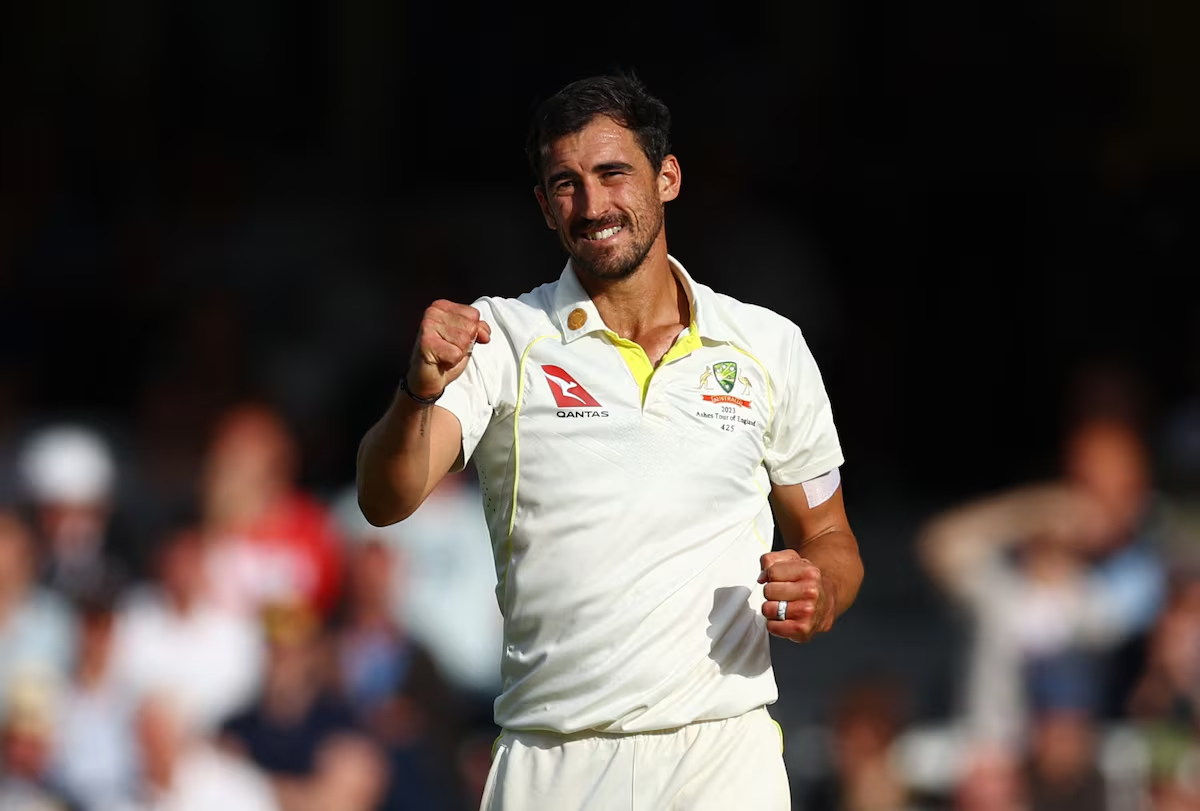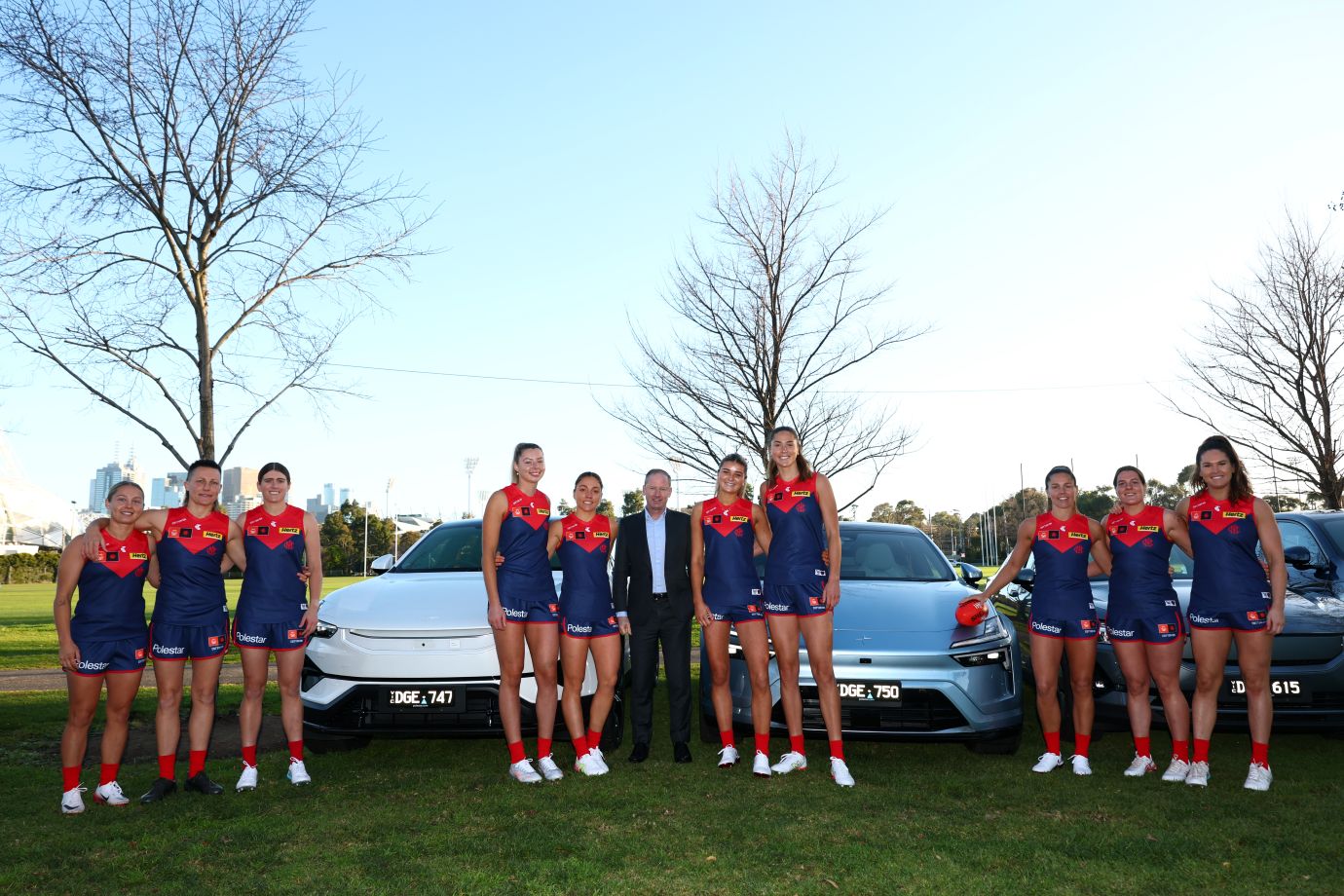An Eye Towards LA 2028: What We Can Expect From the United States

As Los Angeles prepares to host the 2028 Summer Olympics, the spotlight turns to what the Americans have in store for the world. Los Angeles Mayor Karen Bass was present in Paris for the formal Olympic handover from Paris Mayor Anne Hidalgo, marking a historic event involving the first female mayors of both cities. With the handoff complete, LA 2028 is shifting from planning to the execution phase, aiming to redefine what an Olympics can mean for a city.
Mayor Bass envisions a “no-car Games” for Los Angeles—a bold move for a city known for its car culture and traffic congestion. “We’ve always been in love with our cars,” Bass said. “But a no-car Games means you will have to take public transportation to get to all the venues.”
The ambitious plan involves several key initiatives:
- Public Transport Expansion: Over 3,000 buses will be deployed across the region, many borrowed from other parts of the U.S., to facilitate transportation during the Olympics.
- Workforce Adaptations: Local businesses will be encouraged to implement work-from-home policies, staggered schedules, and other strategies to reduce traffic. These measures, reminiscent of those used during the 1984 Olympics, are now enhanced by digital technology and learnings from the COVID-19 pandemic.
- Infrastructure Upgrades: Enhancements to Los Angeles’ limited rail system, the downtown convention centre, and Los Angeles International Airport will support the Games. Temporary satellite parking venues will also be established to expand the bus network.
“As we’ve seen here in Paris, the Olympics are an opportunity to make transformative change,” Bass stated. “Our top priority is ensuring that Olympic preparations benefit Angelenos for decades to come.”
Los Angeles has a history of using the Olympics to its advantage. The 1932 Games helped elevate the city to the global stage, fuelling growth and development. The 1984 Olympics revived the Games amidst global tensions, turned a profit without state funding, and led to significant upgrades to sports venues.
“We were concerned about traffic during the 1984 Games, but it turned out to be manageable,” Bass recalled. “Today, we have technology that can help us do even better.”
The LA28 organising committee is also ambitious in its ticket sales, aiming to surpass the 9.5 million tickets sold by Paris. The inclusion of new sports such as flag football, squash, lacrosse, baseball, softball, and cricket adds to the excitement.
“We have the opportunity to sell significantly more tickets than Paris,” said Casey Wasserman, LA28 chairman. “While we may not have an Eiffel Tower, we have the Hollywood sign and incredible venues.”
As Los Angeles takes on the mantle of the next Olympic host, the world watches to see how it will innovate and inspire, setting new standards for the Games and the city itself.
Similar Stories

The Paralympic Movement Is Sport’s Next Great Investment Story
The University of Queensland brought together key figures shaping the Brisbane 2032 Games:...

QMS Expands Olympic and Paralympic Partnership to Milano Cortina 2026
Digital outdoor media, QMS, has announced its partnership with the Australian Olympic Committee...

NFL Teams approve participation of NFL players in 2028 LA Olympics
The NFL has officially approved the participation of its players in flag football...
It's free to join the team!
Join the most engaged community in the Sports Business World.
Get all the latest news, insights, data, education and event updates.






